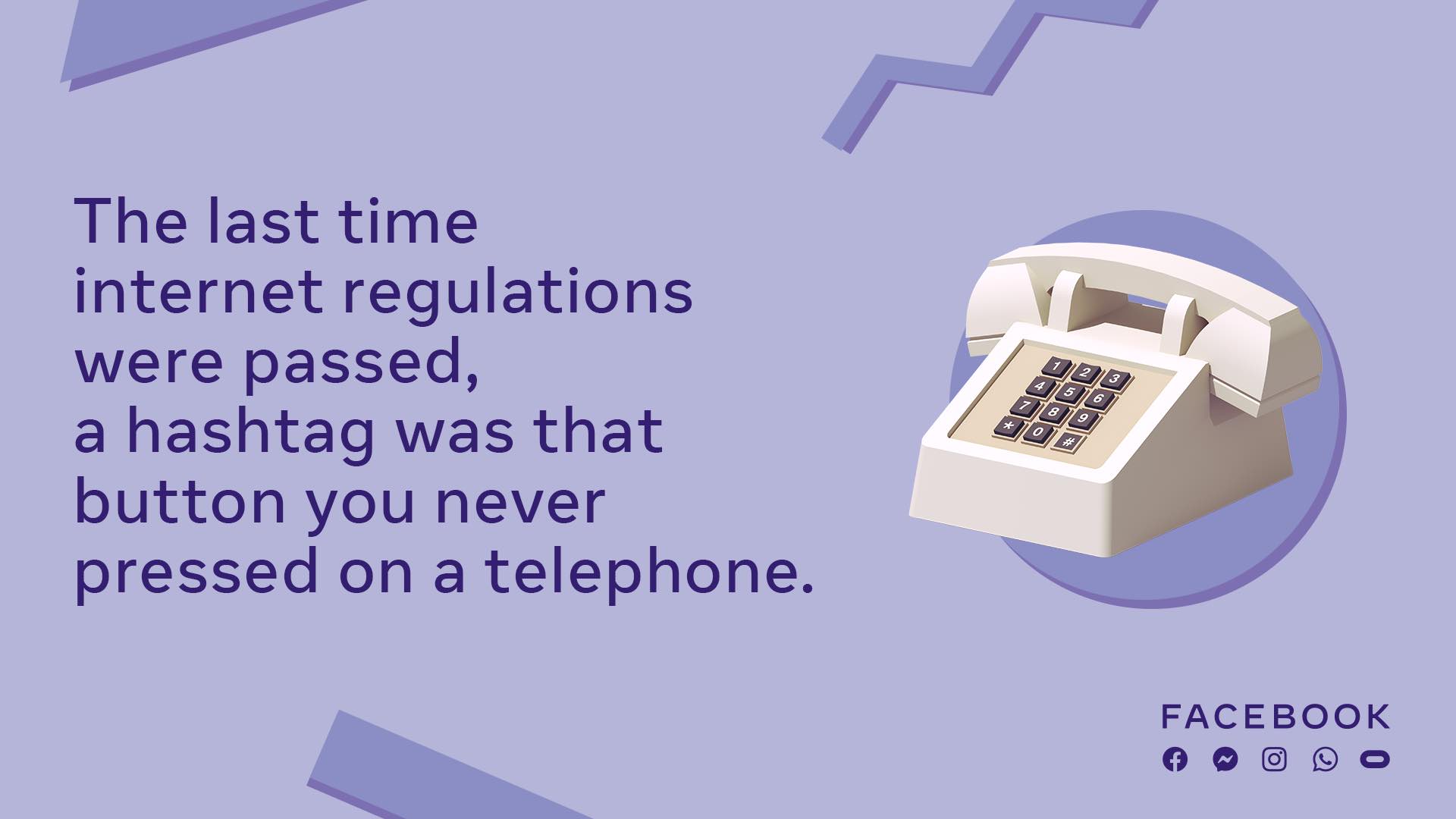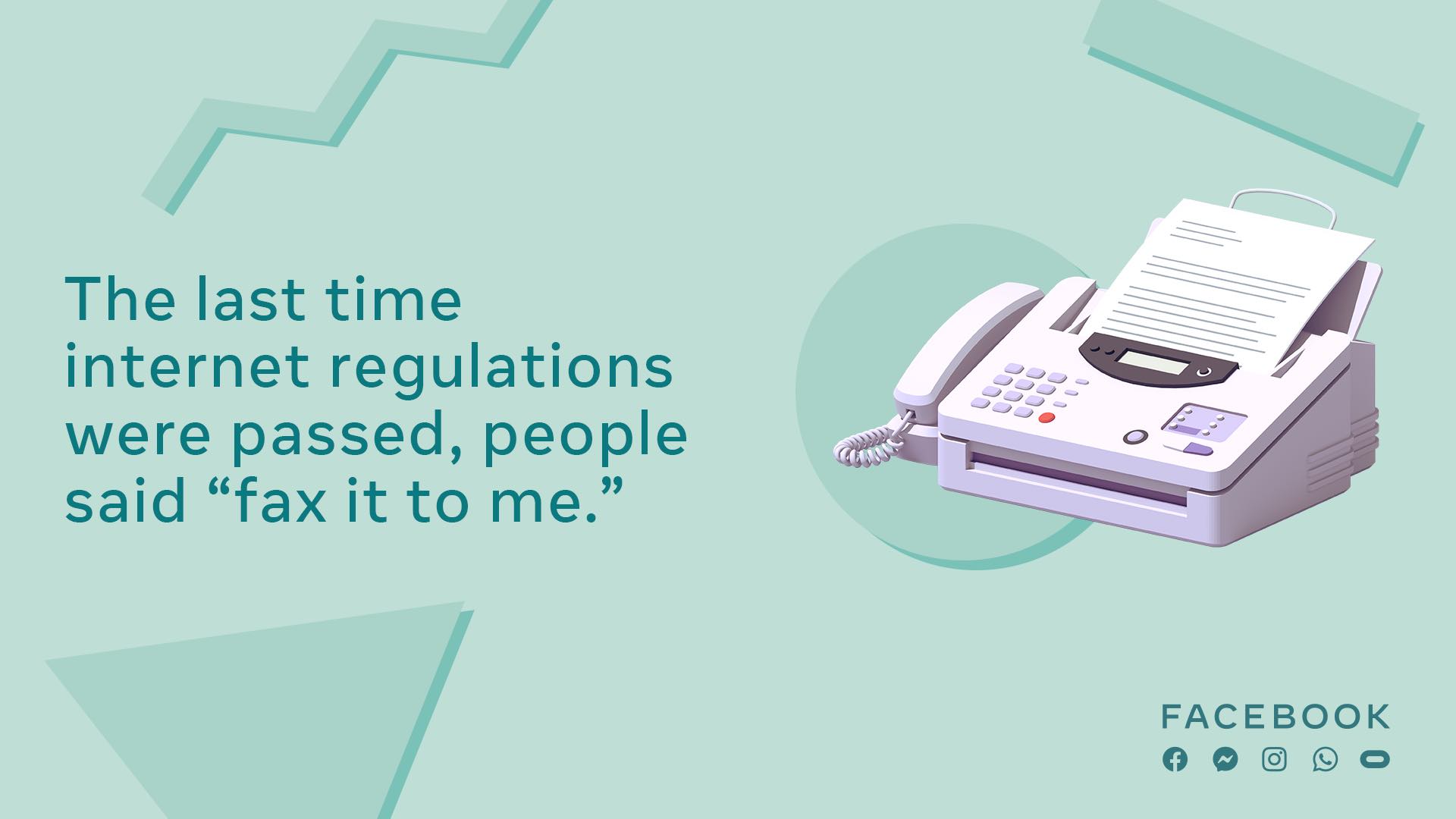| |
| |
| |
| Presented By Facebook |
| |
| Axios AM |
| By Mike Allen ·Feb 05, 2021 |
| 🧤 Happy Friday! Today's Smart Brevity™ count: 1,169 words ... 4½ minutes. ⚡ Breaking: At 5:34 a.m., Vice President Harris acted as tie-breaker for the first time. The Senate voted 51-50 to advance a budget resolution that's a vehicle for President Biden's $1.9 trillion coronavirus relief proposal. - 🌎 UN Secretary-General António Guterres today named Mike Bloomberg "special envoy for climate ambition and solutions," Axios' Ben Geman reports.
|
| |
| |
| 1 big thing: How feds could stop next GameStop |
 Data: FactSet. Chart: Axios Visuals Further restrictions on market manipulation — and a per-transaction tax on stock trades — are among federal responses being considered after the chaos of the GameStop rebellion, Axios' Felix Salmon writes: - Treasury Secretary Janet Yellen convened financial regulators yesterday to discuss what might be done to prevent a similar spectacle in the future. The House and Senate will hold their own hearings later in the month.
Three possible responses are being discussed by legislators and lobbyists: 1. Constricting market manipulation: Artificially manipulated markets cause investors to lose faith in the stock market as a whole. A lot of market manipulation was initiated by Reddit's WallStreetBets forum. - Sen. Elizabeth Warren wrote in a letter to the SEC that standards and enforcement of market manipulation are "woefully unclear": "[I]nvestors, big and small, are treating the stock market like a casino ... The recent chaos reveals a clear distortion in securities markets."
- Under Trump, the SEC took a largely laissez-faire approach to markets. Under Biden, market manipulation could become clearly defined and restricted.
2. Financial transactions tax: The action in GameStop proves that liquid, high-volume markets aren't necessarily efficient markets. A tax of maybe 0.1% could be applied to all stock-market transactions. That would discourage ultra-high-frequency trading, and also act as a way of taxing stock-market speculation. - The GameStop reckoning is giving new frisson to a 30-year-old debate.
- The U.K., Hong Kong, Switzerland, and Singapore all have vibrant capital markets — and also a financial transactions tax.
3. Puncturing the Robinhood business model by abolishing the mechanism that allows such apps to operate commission-free. They get nearly all their revenue from what's called "payment for order flow." - A central part of the GameStop story was the army of Reddit day-traders enabled by zero-commission sites that are effectively funded by high-frequency trading shops.
- When there isn't a trading commission to give you pause before putting on a trade, it feels more like gaming.
- Such payments are illegal in the U.K. and Canada. A simple SEC rule change could make them illegal in the U.S., too.
Share this story. |
    |
| |
| |
| 2. Biden considers masks for all Americans |
| Secretary of State Tony Blinken masks up after introducing President Biden at the State Department yesterday. Photo: Saul Loeb/AFP via Getty Images White House chief of staff Ron Klain told Lester Holt on "NBC Nightly News" that the administration is considering a plan to send masks to all Americans. - "This was an idea that really came up last year in the Trump administration," Klain said. "The public health agencies recommended it."
- "We want to get this back on track. We're looking at what can be done to quickly do this with the mask supplies that we have. I hope in the next few days, or next week, we may be able to announce some progress on this."
Our thought bubble: This would enhance President Biden's 100-day mask challenge, and would be another way for the new administration to show that government can work. - But it also would mean a new logistical challenge amid the vaccine race.
|
    |
| |
| |
| 3. First look: Biden courts Republicans online |
| White House Office of Digital Strategy The White House is highlighting conservative voices — and targeting Republican lawmakers — with a new social-media video using ordinary Americans to promote President Biden's $1.9 trillion coronavirus rescue plan. - Why it matters: This is part of President Biden's effort to win Republican votes in the Senate, based on the plan's broad popularity in the country.
The video, by the White House Office of Digital Strategy, shows supporters of the plan saying: "I'm a political conservative" and "I grew up in a Republican family." |
    |
| |
| |
| A message from Facebook |
| It's time to update internet regulations |
| |
 |
| |
| The internet has changed a lot in 25 years. But the last time comprehensive internet regulations were passed was in 1996. We support updated internet regulations to set clear guidelines for addressing today's toughest challenges. Learn More |
| |
| |
| 4. Tech snags seniors' vaccine chances |
 |
|
| Illustration: Aïda Amer/Axios |
| |
| Millions of older Americans aren't online at all. Many who do have internet access are struggling to find and use local health departments' clumsy vaccine-signup portals, Axios' Ashley Gold and Marisa Fernandez write. - Internet use by seniors is rising, but nearly 22 million seniors — 42% of the nation's over-65 population — lack broadband access at home, according to a report by Older Adults Technology Service, affiliated with AARP.
Keep reading. |
    |
| |
| |
| 5. Tech's union push |
 |
|
| Illustration: Annelise Capossela/Axios |
| |
| After avoiding unions for decades, tech workers are increasingly interested in ways that the labor movement might help give them a stronger voice inside their powerful organizations, Axios' Ina Fried writes. - Why it matters: We're not about to see broad-scale unionization at tech companies. But even a small foothold could serve as a check on the power of Amazon, Google and others.
Amazon warehouse workers in Alabama are set to begin voting next week on whether to unionize. - Workers at Google set up a minority union, Alphabet Workers Union, in conjunction with the CWA.
Keep reading. |
    |
| |
| |
| 6. Trump era lofts NYT |
 Reproduced from New York Times company filings. Chart: Axios Visuals The New York Times added nearly 5 million digital-only subscribers in the past four years, helping to firmly transition its business from a 170-year-old newspaper company to a modern digital behemoth, Axios media trends expert Sara Fischer writes. - Why it matters: No other U.S. news publisher comes close to the Times' 6.7 million digital-only subscribers. The WashPost has 3 million digital subs, and The Wall Street Journal has 2.46 million.
Share this graphic. |
    |
| |
| |
| 7. Chip famine |
 |
|
| Illustration: Aïda Amer/Axios |
| |
| A global chip shortage has forced automakers to halt some car production and furlough workers, Axios' Courtenay Brown and Joann Muller write. - Why it matters: Fewer chips, fewer cars. Semiconductors are crucial components that make computer-controlled systems in cars work — everything from engines to power windows.
Keep reading. |
    |
| |
| |
| 8. Lockdown brings beer-can shortage |
 |
|
| Illustration: Brendan Lynch/Axios |
| |
| The U.S. has an aluminum-can shortage: Brewers are relying more on individual sales, with the pandemic slashing keg use by bars and restaurants, Torey Van Oot and Nick Halter write in Axios Twin Cities. - Why it matters: For craft brewers, this is a new complication in tough times.
Lift Bridge Brewery in Stillwater, Minn., was told its can allocation will be cut 15-20%. - "A lot of breweries our size on up have cut brands, just to make sure that they can focus on their top sellers," CEO Dan Schwarz said.
Surly Brewing in Minneapolis started putting new label sleeves on retired or overstocked cans. |
    |
| |
| |
| 9. Hunter's spring memoir |
| Cover: Gallery Books Hunter Biden has a memoir coming April 6, "Beautiful Things," that will center on his struggles with substance abuse. - "I come from a family forged by tragedies and bound by a remarkable, unbreakable love," writes Biden, who turned 51 yesterday.
- The title refers to an expression he and Beau would use with each other after his brother's diagnosis, meant to emphasize what was important in life.
Acquired in fall 2019, "Beautiful Things" was kept under wraps even as his finances were investigated by the Justice Department, AP reports. - The president and first lady said in a statement: "We admire our son Hunter's strength and courage to talk openly about his addiction so that others might see themselves in his journey and find hope."
Stephen King writes in a blurb: "Hunter Biden proves again that anybody ... can take a ride on the pink horse down nightmare alley. ... He starts with a question: Where's Hunter? The answer is he's in this book." |
    |
| |
| |
| 10. 🏈 The new Super Bowl party |
 |
|
| Anheuser-Busch's Super Bowl ad, "Let's Grab a Beer." See the ad. Photo via Reuters |
| |
| James Hansen — owner of Easy Audio Rental in Olathe, Kan., which rents projectors — tells the N.Y. Times (subscription) he'll be sold out this weekend for the first time since 2015, when the Royals were in the World Series: Rather than have everybody crowd around a television in the living room, he said, fans may try to play it safer — and still have a crowd — by setting up a projector on the front lawn or the driveway. |
    |
| |
| |
| A message from Facebook |
| Internet regulations need an update |
| |
 |
| |
| It's been 25 years since comprehensive internet regulations were passed. But a lot has changed since 1996. We support updated regulations to set clear guidelines for protecting people's privacy, enabling safe and easy data portability between platforms and more. Learn More |
| |
| 📬 Thanks for starting your day with us. Please invite your friends to sign up for Axios AM/PM. |













No comments:
Post a Comment